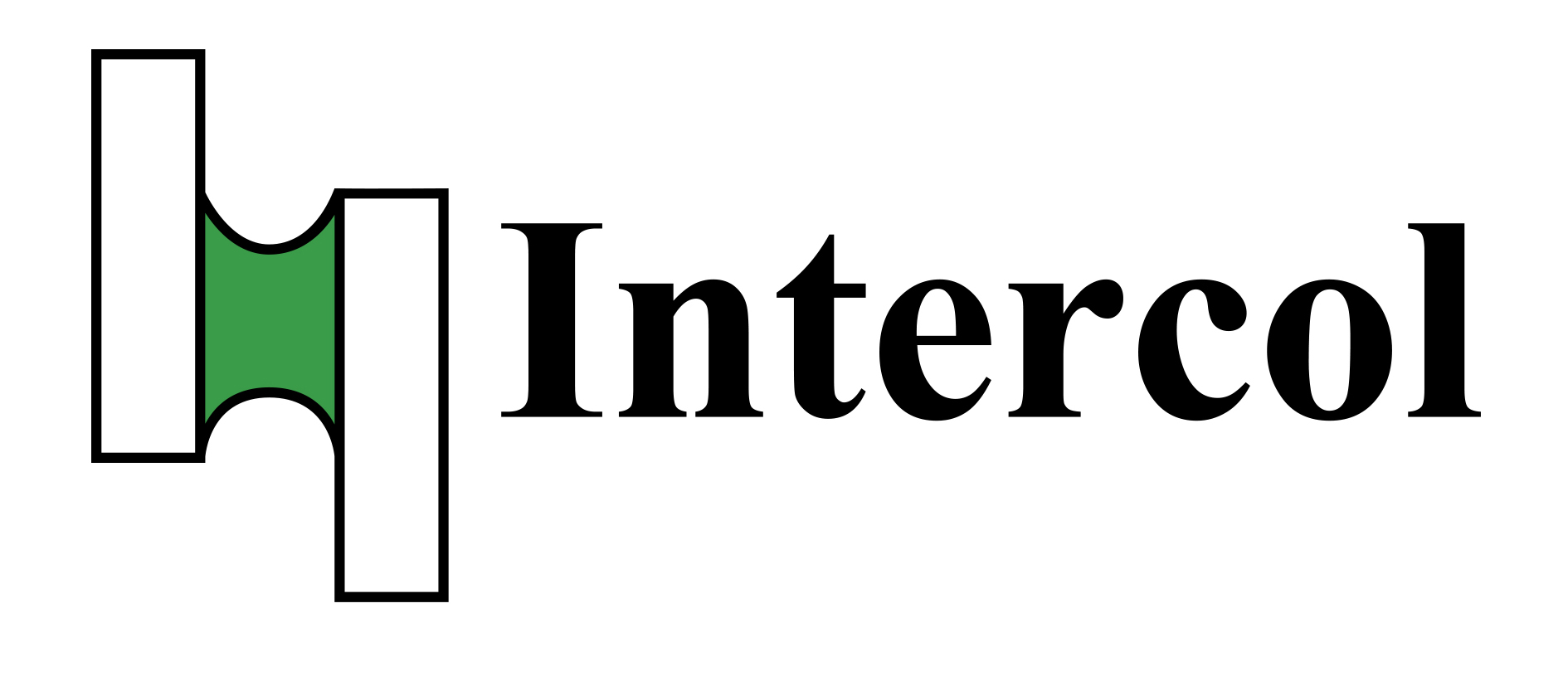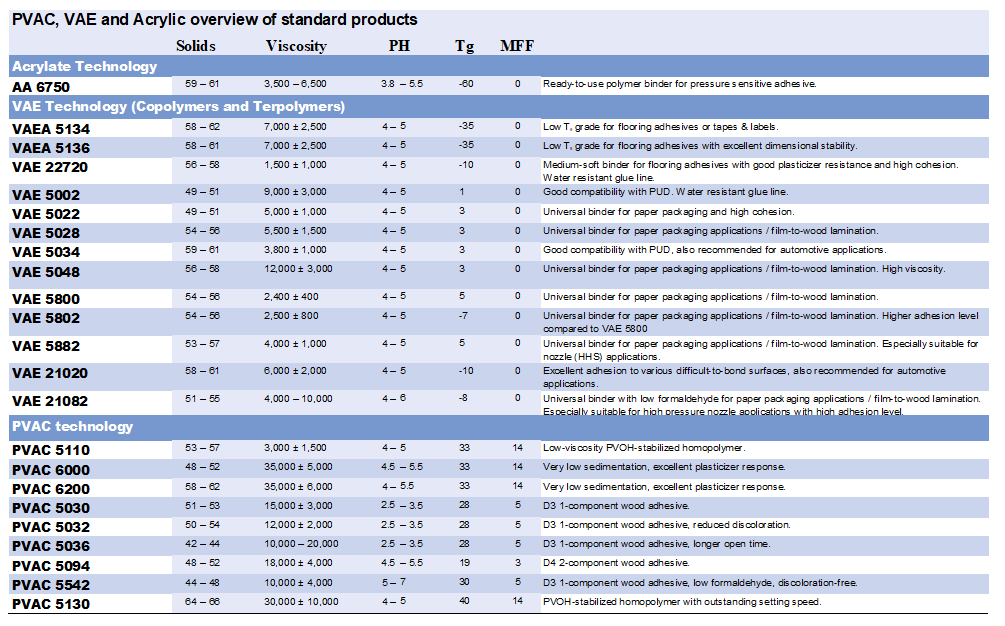VAE (Vinyl Acetate Ethylene) is a copolymer adhesive that is commonly used in a variety of industrial and commercial applications. It is known for its good water resistance and flexibility.
Sustainability is a complex concept that can be evaluated from different perspectives such as environmental, social and economic aspects. The sustainability of VAE adhesive depends on several factors such as:
- The production process: Some production methods may generate more pollution and waste than others.
- The source of raw materials: Some raw materials may be more sustainable than others, such as those that are renewable or biobased.
- The end-of-life of the adhesive: Some adhesives can be recycled or incinerated to generate energy.
Overall, it’s difficult to say whether VAE adhesive is sustainable without more information about the specific production process, source of raw materials, and end-of-life options. There are some research on developing more sustainable adhesive such as using bio-based raw materials, recycling and energy recovery options.
In general, VAE can be assessed as quite sustainable because:
- It can be made form Bio-VAM, Bio Acetic Acid and Bio ethylene.
- It can be water solluble and solluble in solvents, to seperate in recycling processes.
- In general, VAE is a thermoplastic, that is key for recycling plastics
- VAE is waterbased, it is a sustainable dispersion fluid.

